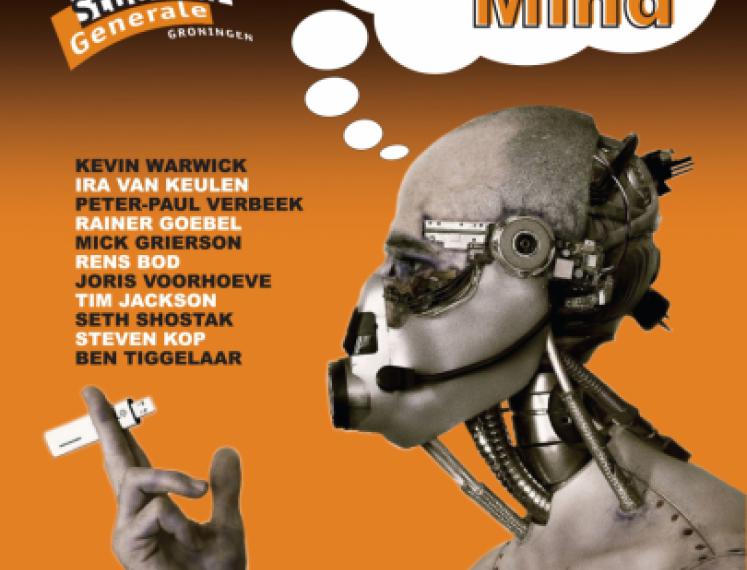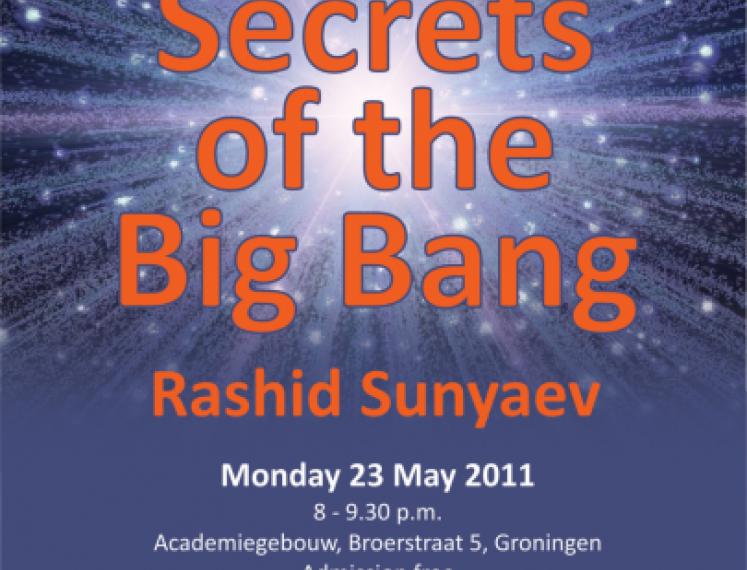The Scientific search for ET
New technologies for use in the Search for Extraterrestrial Intelligence (SETI) suggest that we might find evidence of sophisticated civilizations within a few decades.
The scientific hunt for extraterrestrial intelligence is now into its fifth decade, and we still haven't uncovered a confirmed peep from any cosmic company. Could this mean that finding aliens, even if they exist, is a project for the ages – one that might take centuries or longer? New technologies for use in the Search for Extraterrestrial Intelligence (SETI) suggest that, despite the continued dearth of signals from other societies, there is good reason to expect that success might not be far off – that we might find evidence of sophisticated civilizations within a few decades.
What would contact tell us, and what would it mean to us, and to our descendants?
Seth Shostak is the Senior Astronomer at the SETI Institute, in Mountain View, California. For much of his career, he conducted radio astronomy research on galaxies, including studies conducted using the Westerbork Synthesis Radio Telescope. He is has written, edited and contributed to a half dozen books, most recently Confessions of an Alien Hunter: A Scientist’s Search for Extraterrestrial Intelligence (2009). He also hosts the SETI Institute’s weekly science radio show, ‘Big Picture Science’.
Interessante links:
Wikipedia: Seth Shostak
YouTube: Confessions of an Alien Hunter
YouTube: Seth Shostak on SETI
The Colbert Report: Seth Shostak
Organized in co-operation with the Kapteyn Astronomical Institute Groningen



